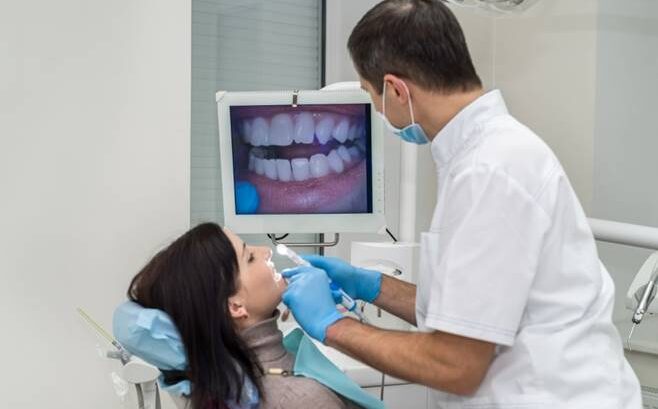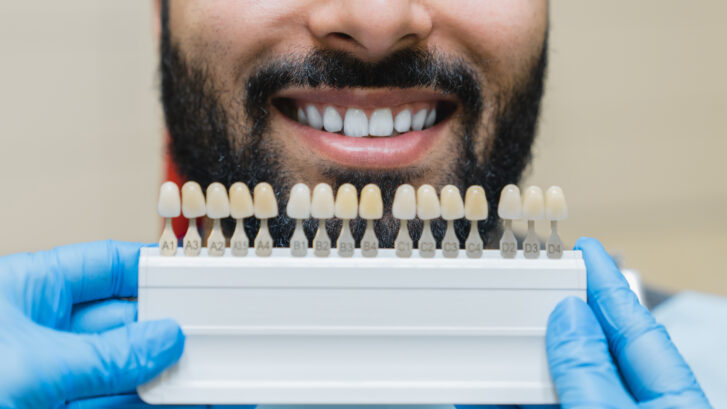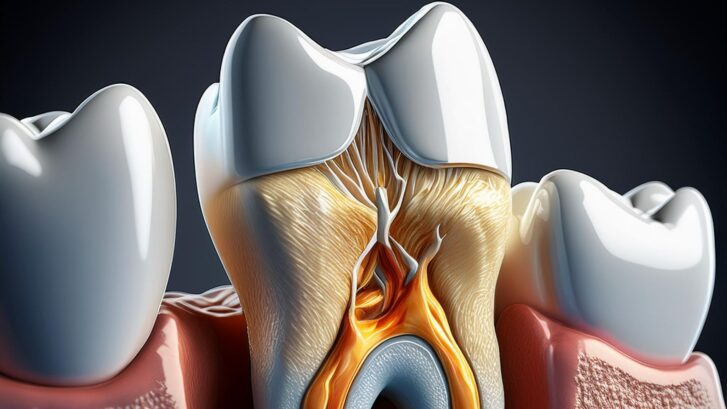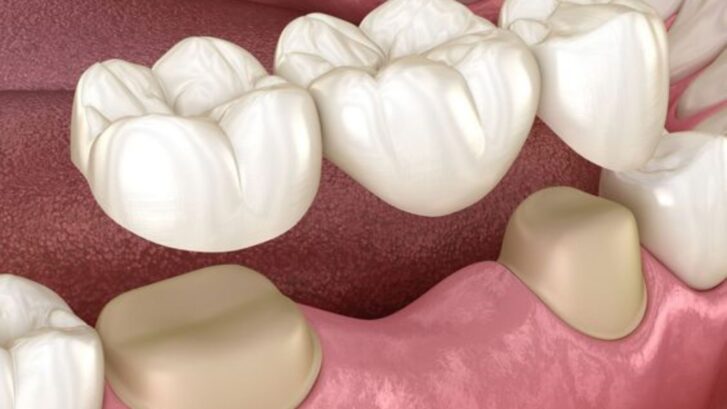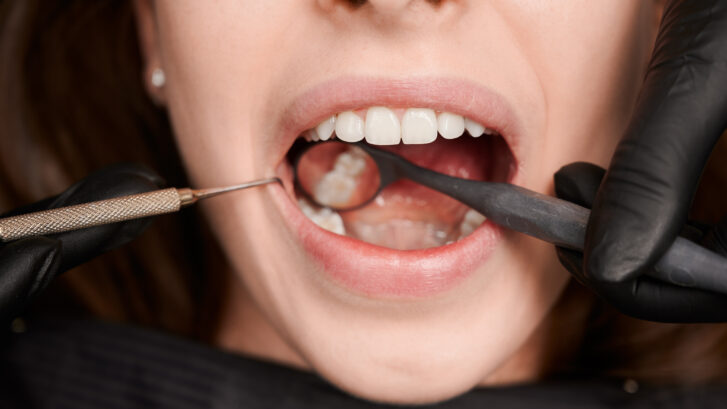How Dental Bridges Can Improve Your Oral Health and Quality of Life
Missing teeth can significantly impact both your oral health and overall well-being. A dental bridge is a reliable solution that not only restores your smile but also improves chewing, speech, and jaw alignment. This article explores how dental bridges enhance oral health and elevate your quality of life.
What Are Dental Bridges?
A dental bridge is a prosthetic device used to replace one or more missing teeth. It consists of artificial teeth (pontics) supported by natural teeth or dental implants. Bridges help fill gaps, restore function, and prevent potential oral health issues caused by missing teeth.
Types of Dental Bridges
- Traditional Bridges: Supported by crowns placed on adjacent natural teeth.
- Cantilever Bridges: Used when there is only one adjacent supporting tooth.
- Maryland Bridges: Supported by a metal or porcelain framework bonded to adjacent teeth.
- Implant-Supported Bridges: Attached to dental implants instead of natural teeth, providing maximum stability.
How Dental Bridges Improve Oral Health
- Prevents Teeth Shifting
When a tooth is lost, neighboring teeth may shift into the gap, leading to misalignment and bite issues. A dental bridge keeps the remaining teeth in place, maintaining proper alignment and preventing complications like temporomandibular joint (TMJ) disorders.
- Restores Proper Chewing Function
Missing teeth make it difficult to chew properly, leading to digestive problems and uneven wear on remaining teeth. A bridge restores chewing efficiency, allowing you to eat a balanced diet and maintain optimal nutrition.
- Maintains Jawbone Health
Tooth loss can lead to jawbone deterioration due to lack of stimulation. Implant-supported bridges help preserve bone density, preventing facial sagging and premature aging.
- Enhances Speech Clarity
Teeth play a crucial role in articulation. Gaps caused by missing teeth can lead to slurred or unclear speech. A dental bridge fills these gaps, improving pronunciation and communication confidence.
- Reduces Risk of Gum Disease
Exposed gum areas from missing teeth become breeding grounds for bacteria, increasing the risk of gum disease. A dental bridge protects these areas, reducing bacterial accumulation and enhancing oral hygiene.
How Dental Bridges Improve Quality of Life
- Restores Confidence and Aesthetics
A missing tooth can affect self-esteem and social interactions. Dental bridges restore your smile, boosting confidence and helping you feel more comfortable in professional and personal settings.
- Provides a Cost-Effective Solution
Compared to dental implants, bridges offer an affordable and durable tooth replacement option. With proper care, they can last 10-15 years, making them a cost-effective investment in your oral health.
- Minimizes Speech Impairments
Clear speech is essential for effective communication. Dental bridges eliminate the speech difficulties caused by missing teeth, allowing you to articulate words properly and engage more comfortably in conversations.
- Offers a Comfortable and Functional Solution
Unlike removable dentures, which may shift or cause discomfort, dental bridges are securely fixed, offering stability and a natural feel. This ensures a seamless experience in daily activities like eating, speaking, and smiling.
Caring for Your Dental Bridge
To extend the lifespan of your dental bridge and maintain oral health:
- Practice Good Oral Hygiene: Brush twice daily, floss regularly, and use an antiseptic mouthwash.
- Visit Your Dentist Regularly: Routine check-ups help detect issues early and keep your bridge in good condition.
- Avoid Hard or Sticky Foods: These can damage the bridge or loosen supporting teeth.
- Use a Water Flosser: This helps clean areas around and beneath the bridge effectively.
Dental bridges are more than just a cosmetic solution—they play a vital role in maintaining oral health, restoring function, and enhancing quality of life. If you have missing teeth, consult your dentist to determine if a dental bridge is the right solution for you. Investing in a bridge can protect your smile, preserve your oral health, and improve your overall well-being.


